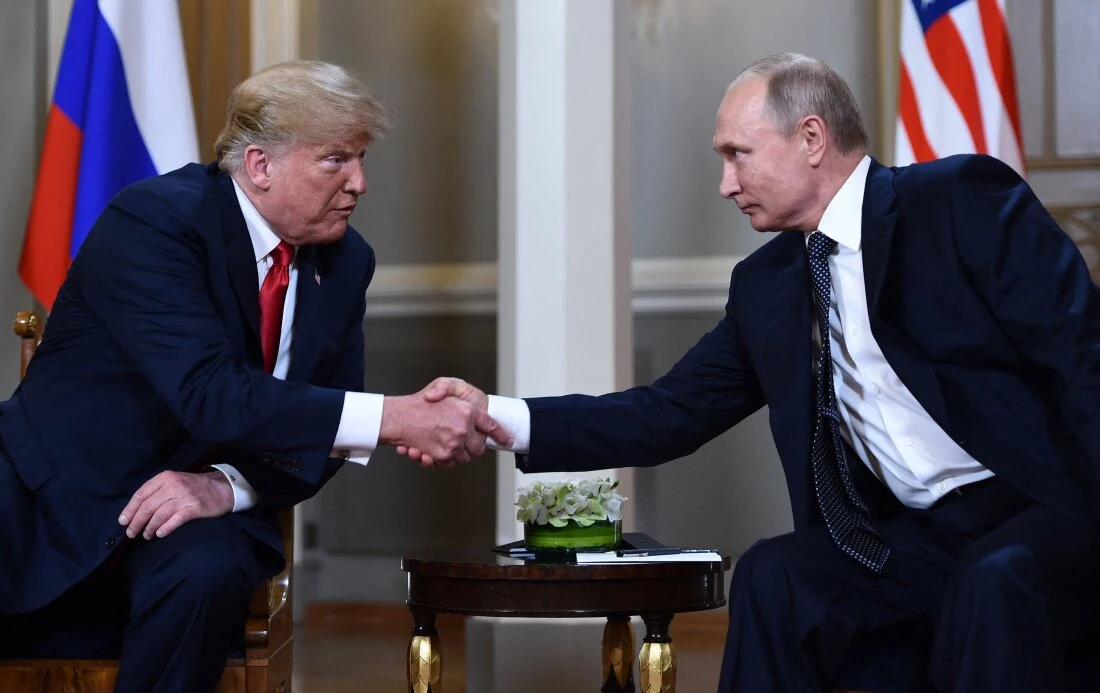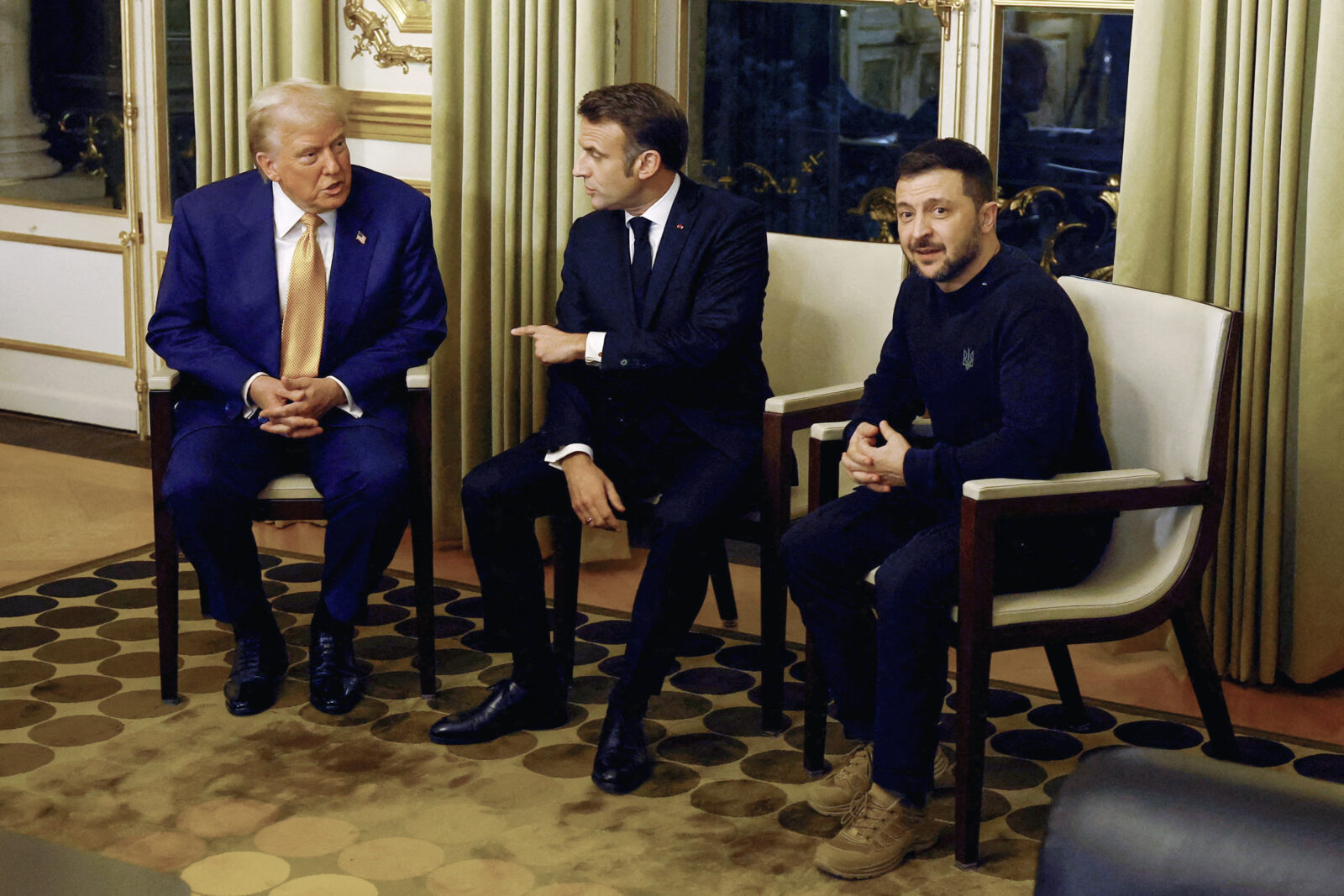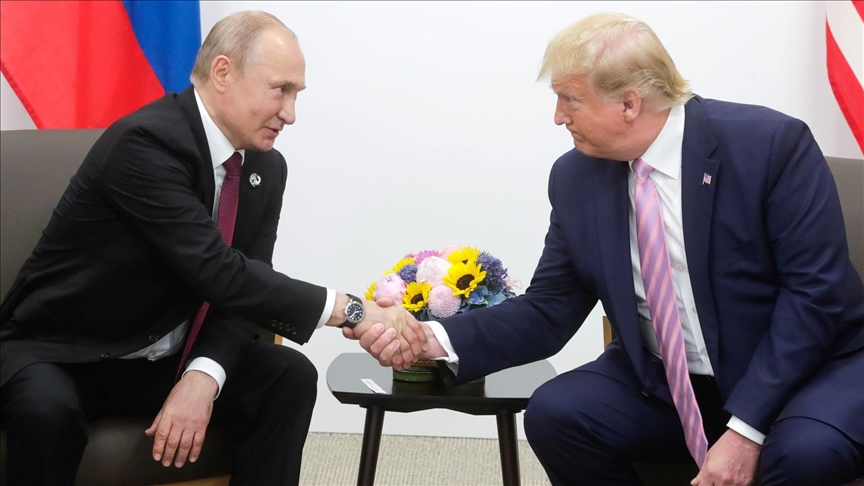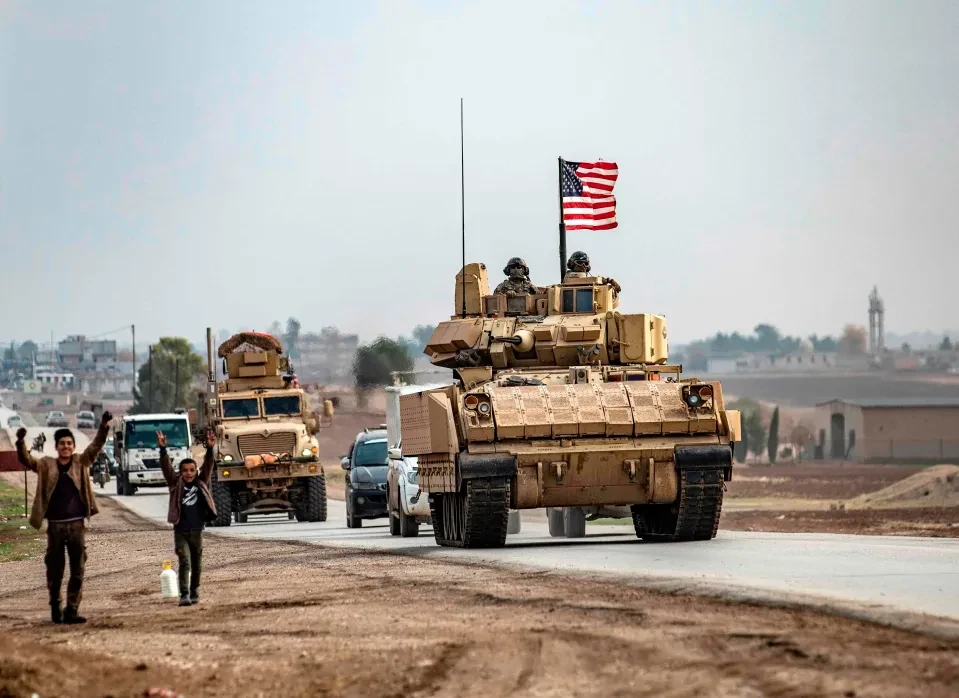Trump understands Russia’s opposition to Ukraine’s NATO membership
 Russian President Vladimir Putin (R) and then U.S. President Donald Trump shake hands before a meeting in Helsinki, on July 16, 2018. (AFP Photo)
Russian President Vladimir Putin (R) and then U.S. President Donald Trump shake hands before a meeting in Helsinki, on July 16, 2018. (AFP Photo)
President-elect Donald Trump expressed understanding for Russia’s opposition to Ukraine joining NATO during a press conference at his Mar-a-Lago club in Florida.
Trump criticized outgoing President Joe Biden for allegedly shifting the U.S. stance on Ukraine’s NATO membership, calling it a provocative move toward Moscow.
Why it matters
Trump’s comments signal a potential shift in U.S. foreign policy toward Russia and NATO under his presidency. His remarks come as the war in Ukraine continues to claim lives, with Trump reiterating his belief that he can resolve the conflict quickly after taking office.

Details
- On NATO membership: Trump stated that Russia has long opposed NATO involvement in Ukraine, saying, “That’s been written in stone.” He argued that Biden’s support for Ukraine’s NATO membership escalated tensions with Moscow.
- Biden administration’s stance: The Biden administration has backed Ukraine’s eventual NATO membership, consistent with NATO’s 2008 Bucharest Summit commitment, though Ukraine has yet to receive an invitation.
- Trump’s perspective: Trump’s aides and allies oppose NATO membership for Ukraine, viewing it as unnecessarily provocative toward Russia.

Trump on Ukraine war
- Trump lamented the ongoing war, stating, “Russia is losing a lot of young people, and so is Ukraine, and it should have never been started.”
- He expressed confidence in his ability to resolve the conflict swiftly, saying he hopes to end the war “long before six months” into his presidency.
On meeting Putin
- Trump noted he could not meet Russian President Vladimir Putin before taking office on Jan. 20, calling such a meeting inappropriate. He added, “I know that Putin would like to meet. I don’t think it’s appropriate… which I hate, because, you know, every day many, many young people are being killed.”
Zoom out
Trump’s remarks highlight a potential realignment of U.S.-Russia relations and NATO policy under his administration. As the Ukraine war continues, his approach to NATO and Russia will likely shape the broader geopolitical landscape in Europe and beyond.



